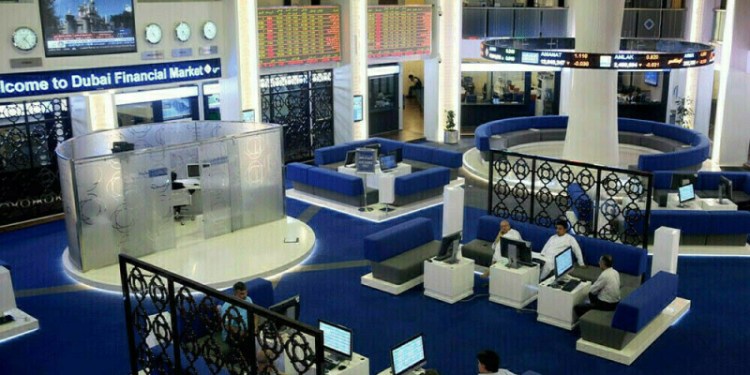© Reuters. FILE PHOTO: A view of the Phillips 66 Company’s Los Angeles Refinery (foreground), which processes domestic & imported crude oil into gasoline, aviation and diesel fuels, and storage tanks for refined petroleum products at the Kinder Morgan Carson Termina
By Sonali Paul
(Reuters) – Oil prices jumped $2 on Monday as Ukrainian forces dug in against heavy Russian attacks, while major oil producers reported they are struggling to produce their allotted quotas under a supply agreement.
Brent crude futures climbed $1.96, or 1.8%, to $109.89 a barrel at 0039 GMT, adding to a 1.2% rise last Friday.
U.S. West Texas Intermediate (WTI) crude futures rose $2.09, or 2%, to $106.79, extending a 1.7% jump last Friday.
Prices moved higher after Ukraine’s deputy prime minister, Iryna Vershchuk said early on Monday there was no chance that the country’s forces would surrender in the besieged eastern port city of Mariupol.
With little sign of the conflict easing, the focus returned to whether the market would be able to replace Russian barrels hit by sanctions.
“The market continues to fret about supply disruptions, with data suggesting they are already impacting,” ANZ analysts said in a note.
The latest report from the Organization of the Petroleum Exporting Countries and allies including Russia, together called OPEC+, showed some producers are still falling short of their agreed supply quotas.
OPEC+ missed its production target by more than 1 million barrels per day (bpd) in February, three sources told Reuters, under their pact to boost output by 400,000 bpd each month as they wind back sharp cuts made in 2020.
The two OPEC countries that have the capacity to instantly raise output, Saudi Arabia and the United Arab Emirates, have so far resisted calls from major consuming nations to step up production faster to help drive down oil prices.
The poor supply outlook and high prices prompted the International Energy Agency on Friday to outline ways to cut oil use by 2.7 million bpd within four months – including car-pooling, lower speed limits and cheaper public transport.
That would help offset the 3 million bpd of Russian crude and products that the IEA estimated would be off the market by April.
Source: Investing.com



























